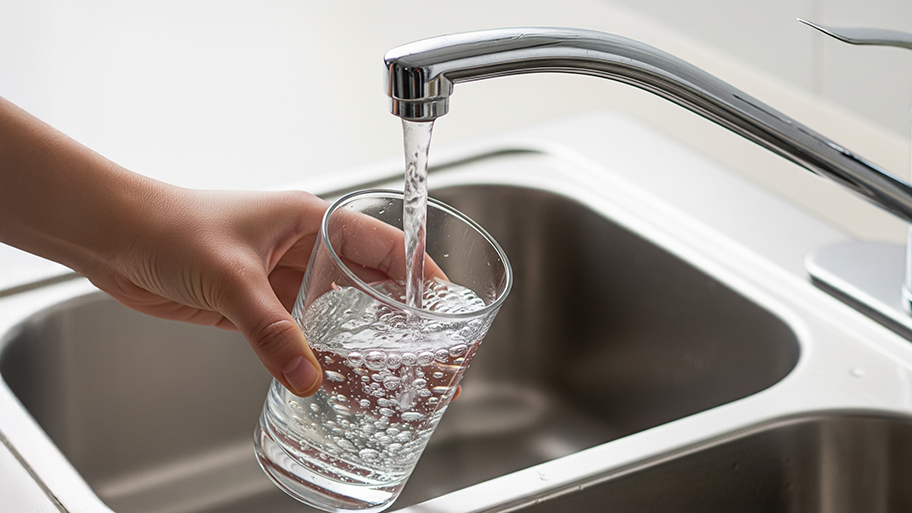
On average, a reverse osmosis water filter costs around $2,200, but there are a few variables that impact the total price. Learn about them in this guide.
Learn which water softener is best to combat hard water at home


Hire a water softener installation pro to determine which type of water softener is the best for your home based on your water usage needs, budget, and household size.
An ion exchange water softener is a top choice for homeowners because it improves the water's taste and is budget-friendly.
Dual-tank water softeners are ideal for large households that require higher-than-average water usage.
Salt-free water softeners work best with wells and are best for those following a low-sodium diet.
Magnetic water softeners are the most affordable and go-to choice for renters or homeowners on a tight budget.
Is hard water giving you a hard time at home? Then it might be time to consider installing a water softener system. There are two major types of water softeners to choose from: salt-based and salt-free. From there, you’ll want to weigh factors like your water usage and budget when choosing a water softener. From purer drinking water to healthier bathing water for your hair and skin, you’ve got options at various price points. Keep reading to learn more about what will become your weapon of choice in the battle against hard water.
| Type of Water Softener | Average Cost |
|---|---|
| Ion Exchange | $1,500 |
| Dual-Tank | $6,000 |
| Salt-Free | $800–$4,000 |
| Magnetic | $200–$400 |

One of the most common types of water softeners, an ion exchange water softener is sometimes called a salt-based water softener because it uses sodium to remove minerals and pollutants from the water. The ion exchange happens when positive and negative ions are exchanged—basically, the sodium is swapped for the iron, calcium, and magnesium present in the water via a process called regeneration.
Yes, this will make your water saltier, which is a concern for those who must follow low-sodium diets. However, the process does reduce odors and improve the water’s taste. Ion exchange or salt-based water softeners cost around $1,500, depending on the model you choose.
| Pros | Cons |
|---|---|
| Improves water taste and reduces odor | Not good for low-sodium diets |
| Budget-friendly | More maintenance is required |
| Lasts up to 15 years | Not good for water with high chemical content |
Best for:
Homeowners who don’t mind a little DIY maintenance in exchange for softer water
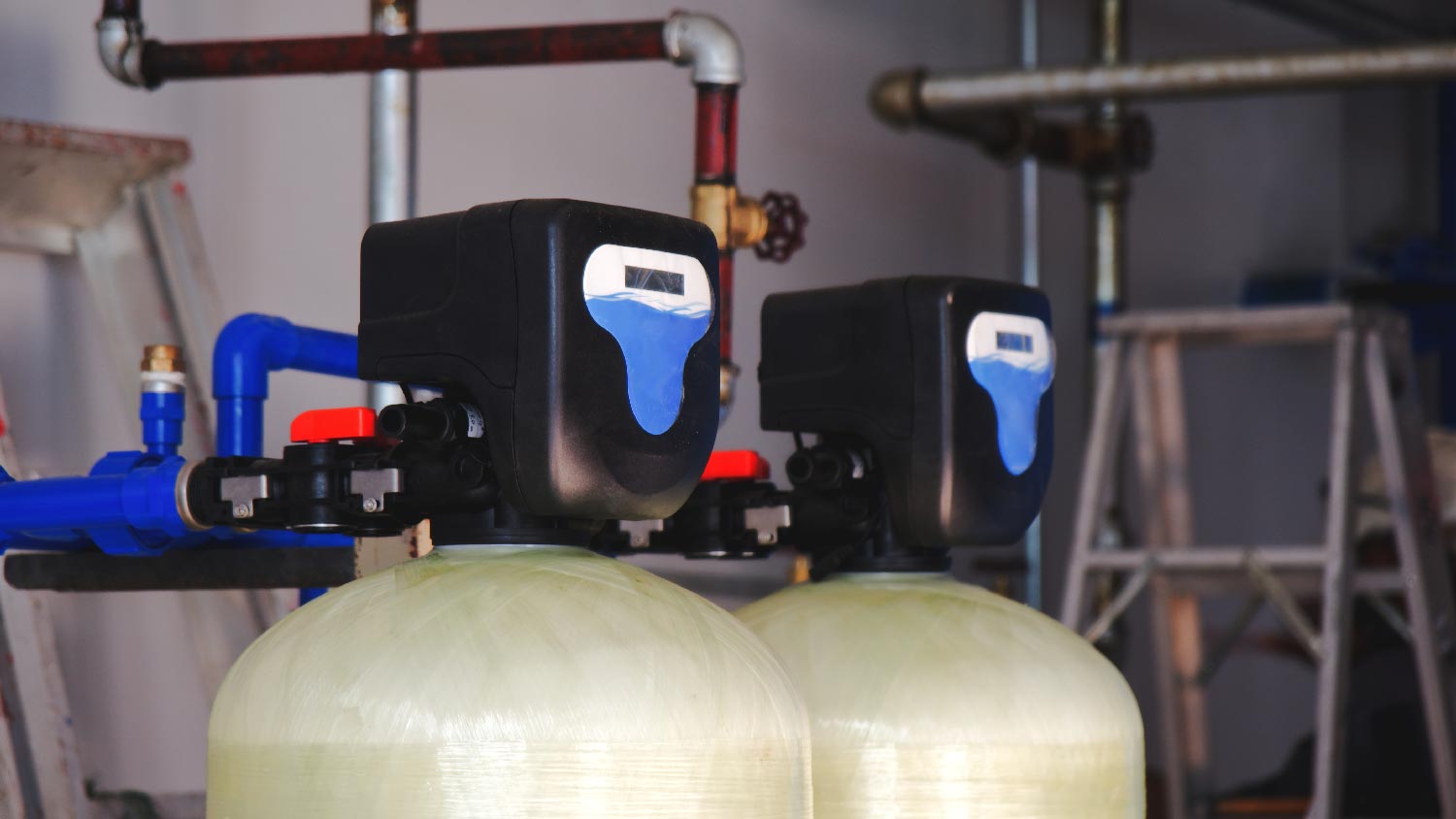
This type of salt-based water softener is a good choice for large families with higher-than-average water usage. While one tank works to soften water—a process that can take 70 to 120 minutes—the other acts as a holding tank with soft, pure water at the ready. At around $6,000, a dual-tank water softener can be pricey to install, but it could be worth it to have a continuous supply of treated water.
| Pros | Cons |
|---|---|
| Holds more water | Takes up a lot of space |
| Allows for constant softening | Expensive to install |
| Can treat ultra-hard water | Needs more maintenance |
Best for: Homes with higher-than-average water usage
Most conventional water softeners are salt-based, but there are sodium-free options available. Salt-free water softeners rely on a process called template-assisted crystallization (TAC) to remove minerals from the water. As water moves through the softener system, polymeric beads are introduced to attract the minerals, which adhere to the beads and form crystals. These mineral-based crystals continue to move through the water, and since they can’t bind to anything else, they keep flowing and won’t contribute to the scaling and buildup you had from hard water before. And since you don’t have to reload the system with sodium, there’s very little maintenance involved.
| Pros | Cons |
|---|---|
| Very little maintenance | Doesn’t last as long as ion softeners |
| Good at preventing mineral buildup | Costs more to install |
| Ideal for wells | Not ideal for larger households |
Best for: Households following low-sodium diets

Magnetic water softeners are a type of salt-free water softener that use a magnetic field to strip away the negative or positive ions in the heavy metals in water. However, they don’t truly soften water. Often called mini water softeners because of their smaller size, these devices work to descale and neutralize water rather than soften it. If these results are good enough for you and your drinking and bathing water, then you’re in luck because magnetic water softeners cost between $200 and $400, one of the least expensive options on our list. And since these units are smaller than other softeners, they’re easy to install and remove, which is good news for renters, too.
| Pros | Cons |
|---|---|
| Affordable | Neutralizes rather than softens |
| Easy to install and remove | Doesn’t remove minerals |
| Small footprint | Lower holding capacity |
Best for: Renters or homeowners on a tight budget
When choosing the water softener that meets your home water usage needs, it helps to start with your desired results. If you want softer, purer water coming out of every faucet and showerhead in your home, then you should look at whole-house systems. If you simply want cleaner, tastier water for drinking and cooking, then a system you can install under your kitchen sink might do the trick.
Of course, your budget also plays heavily into your decision-making. The good news is that even the most elaborate systems have some lower-tier products that are more budget-friendly. It pays to call a water softener installer near you and explore all options instead of assuming you’ll be priced out of a water softener system.
From average costs to expert advice, get all the answers you need to get your job done.

On average, a reverse osmosis water filter costs around $2,200, but there are a few variables that impact the total price. Learn about them in this guide.
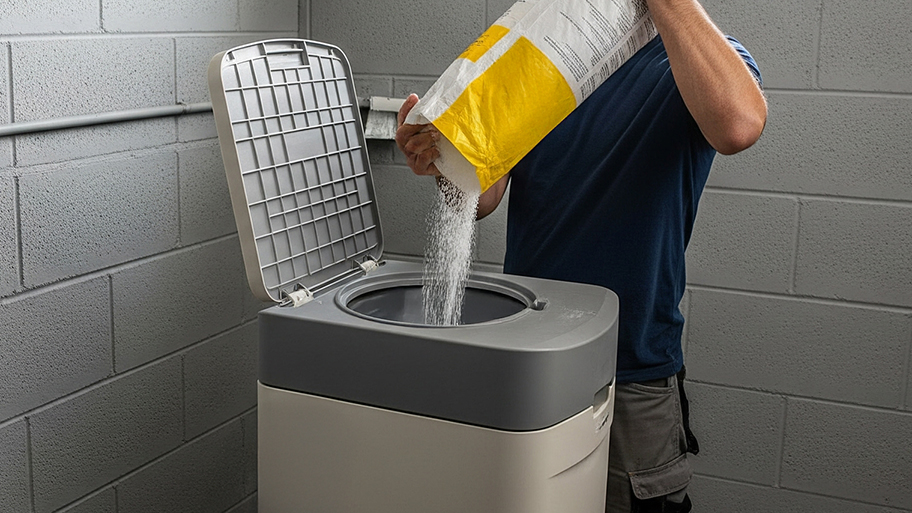
How much a water softener costs depends on your home’s size, and the system’s type and capacity. Our expert guide explores all the price factors.
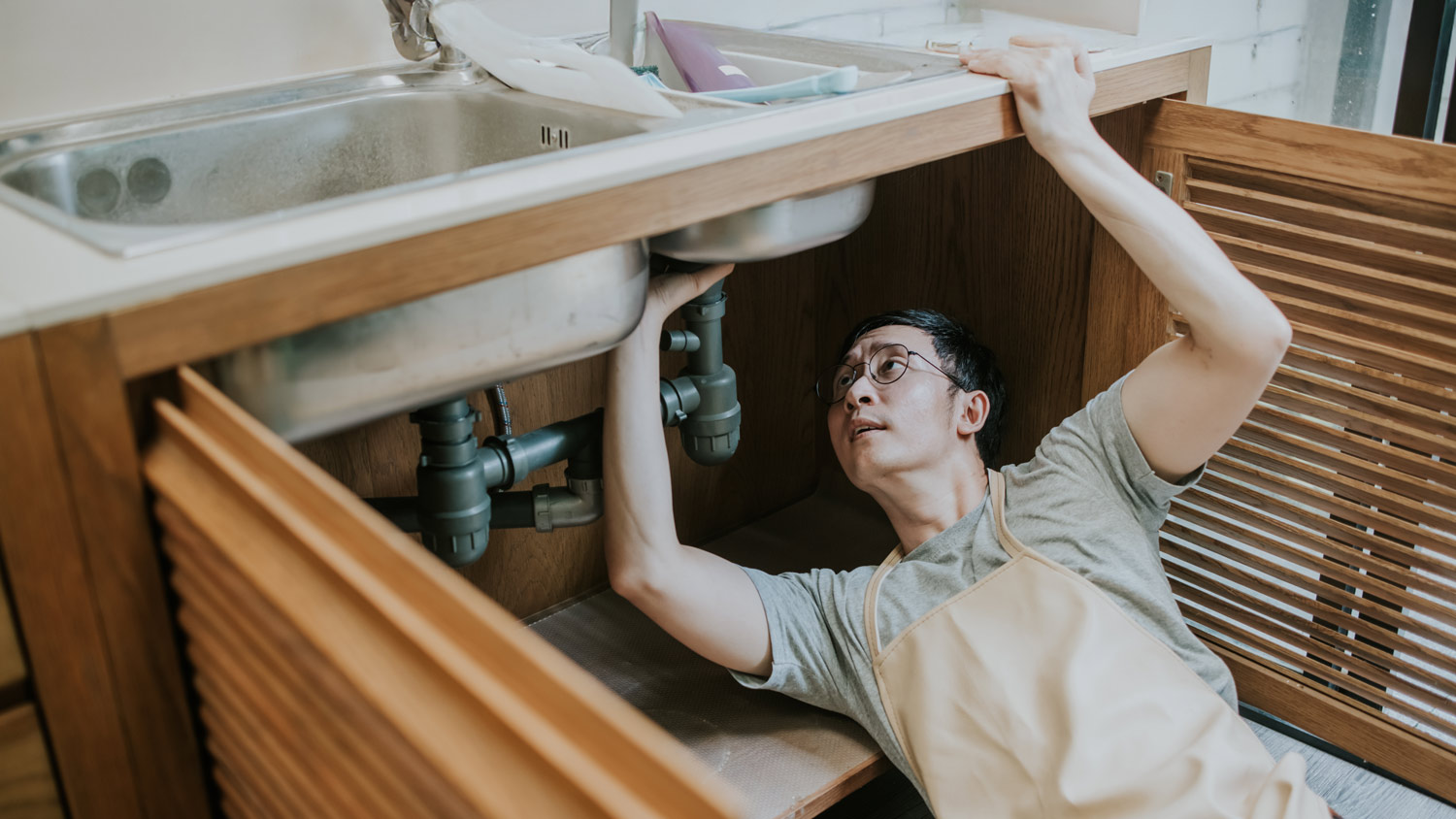
Your cost to install an under-sink water filter will depend on the type and size of system you choose and whether you need professional installation.
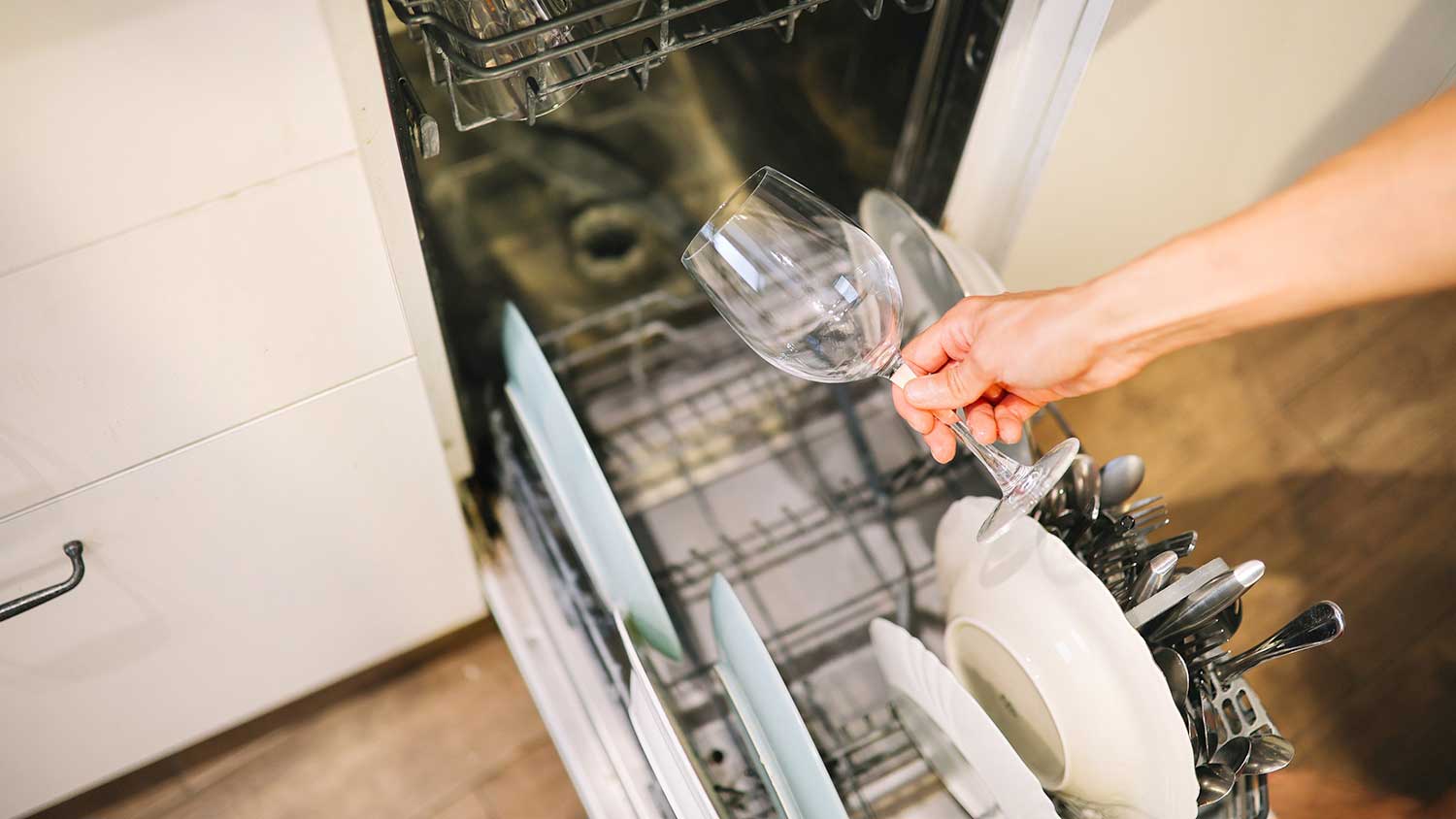
Knowing how to fix a clogged water softener will help you spot and stop a blockage so that soft, purified water always flows.

Follow these water softener maintenance tips to keep minerals out of your water, avoid malfunctions, and prolong your unit’s service life.

Are water softeners worth it? While they offer benefits to many homeowners, they aren’t always necessary. Learn whether this appliance will pay for itself.